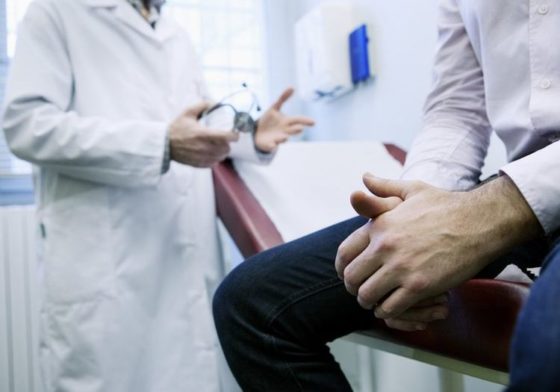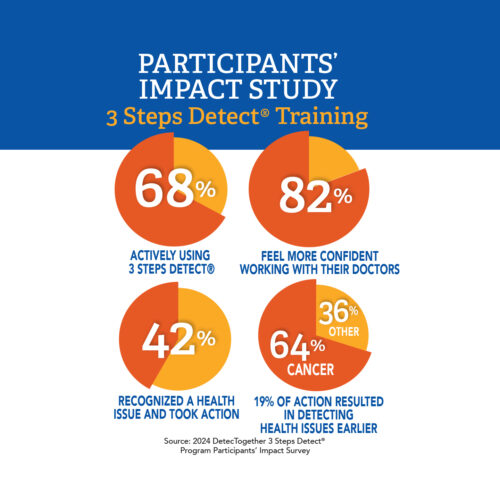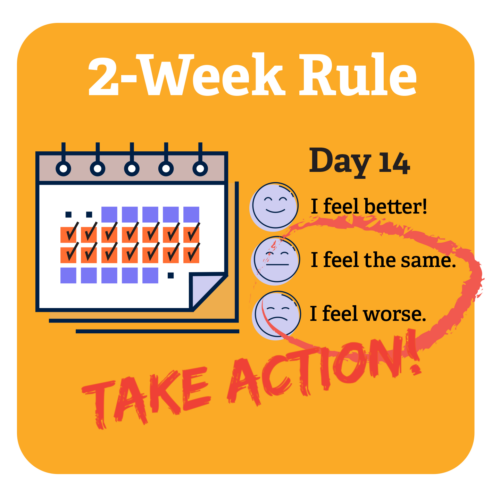
Prostate Cancer is the second most common cancer in men.
The cancer begins when cells in the prostate, a gland found below the bladder and in front of the rectum, begin to grow uncontrollably.
When a male is young, the prostate gland is around the size of a walnut. However, the size of the prostate increases with age.
Most prostate cancer cases grow slowly, allowing for successful treatment options and a low mortality rate. More than two million men in the United States are prostate cancer survivors.
However, the danger comes when men do not recognize their symptoms or delay seeing a doctor.
Recognizing the Symptoms of Prostate Cancer
While there is no way to prevent prostate cancer, there are some risk factors that you should be aware of.
All men are at risk for developing prostate cancer. However, the following factors can increase risk:
- Race: African-American men are 70% more likely to develop prostate cancer than Caucasian or Hispanic men.
- Age: About 60% of cases are diagnosed in men aged 65 or older. Prostate cancer is also rare in men under 40. However, young men are not invincible and still develop prostate cancer.
- Family history: If a man has an immediate blood relative (father or brother) with prostate cancer, they are twice as likely to develop the disease.
Your best chance to detect prostate cancer, or any disease, early is by using 3 Steps Detect. You should know your great. Tune in to your body so you can benchmark what is normal for you. This will allow you to recognize health changes sooner.
Next, take note of any changes in your health. Health changes, no matter how subtle, are your body’s way of telling you that something is wrong.
Be on the lookout for these common prostate cancer symptoms:
- Problems urinating, including difficulty started or stopping
- Loss of bladder control
- Burning or pain when urinating
- Frequent urges to urinate at night
- Blood in urine
- Blood in semen
- Trouble getting an erection
- Bone pain
If any changes in your health last longer than two weeks, it is time to see your doctor. You know your body best, so when speaking with a doctor it is important to discuss all details of your health. Yes, even the embarrassing ones.
Once you learn the signs and symptoms of prostate cancer, share them with a friend or family member. By becoming educated on warning signs, you can help improve cancer survival rates and raise awareness for early detection.






